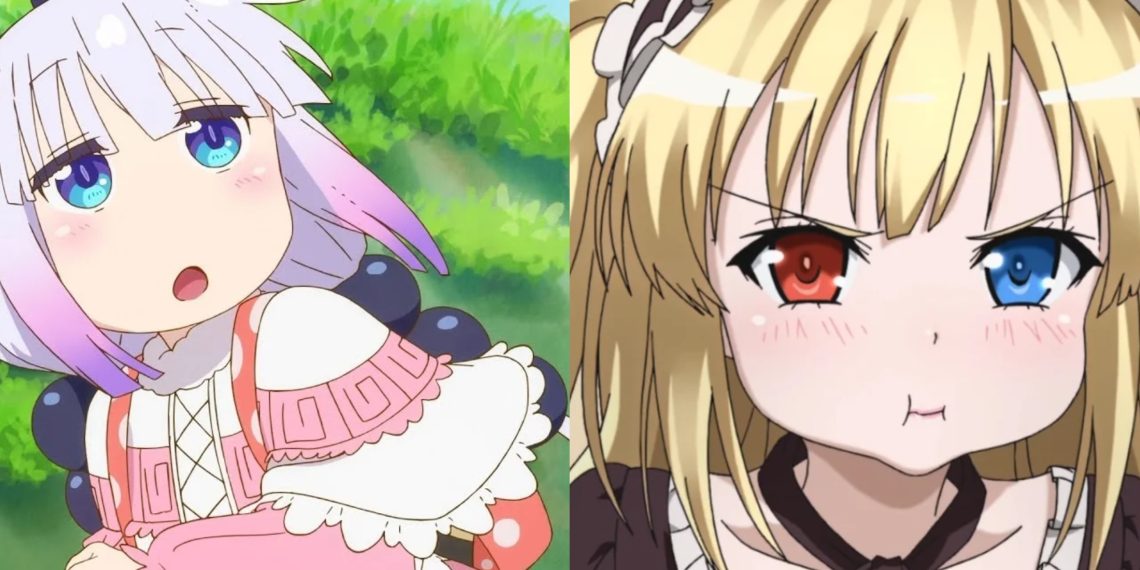Certain genres within Anime mediums provoke substantial controversy, none more so than the contentious topics of loli and shota. These genres involve characters who appear to be children or are depicted as such, often in sexualized contexts, prompting intense debate and ethical considerations.
In Japan’s 213th Diet session, Masako Okawara, a politician, has called for stricter regulations on any media, including anime and manga, that exploit children. Loli and shota content is at the forefront of this discussion due to its controversial nature and the ethical concerns it raises.

For those unfamiliar, loli and shota depict young characters or characters who resemble children, often in sexualized contexts. This has divided opinions globally, with different cultures interpreting and responding to these tropes in various ways.
Okawara argues that Japan’s current laws regarding child exploitation and pornography are insufficient. She believes that unchecked sexualization of minors in media perpetuates harmful societal norms and threatens children’s safety and well-being.
Her aim is to push for legal amendments to better regulate and censor such content to protect children.

Recently, Okawara stated, “The exploitation of children’s images for sexual purposes perpetuates damaging values in society and seriously violates children’s rights to a safe and secure upbringing.”
This sentiment aligns with a 2019 UN committee’s recommendation for Japan to strengthen its laws against the production and distribution of explicit sexual content involving minors.
Okawara’s petition to the 213th Diet seeks to address these concerns and initiate legal reforms to better protect children from exploitation in media.




